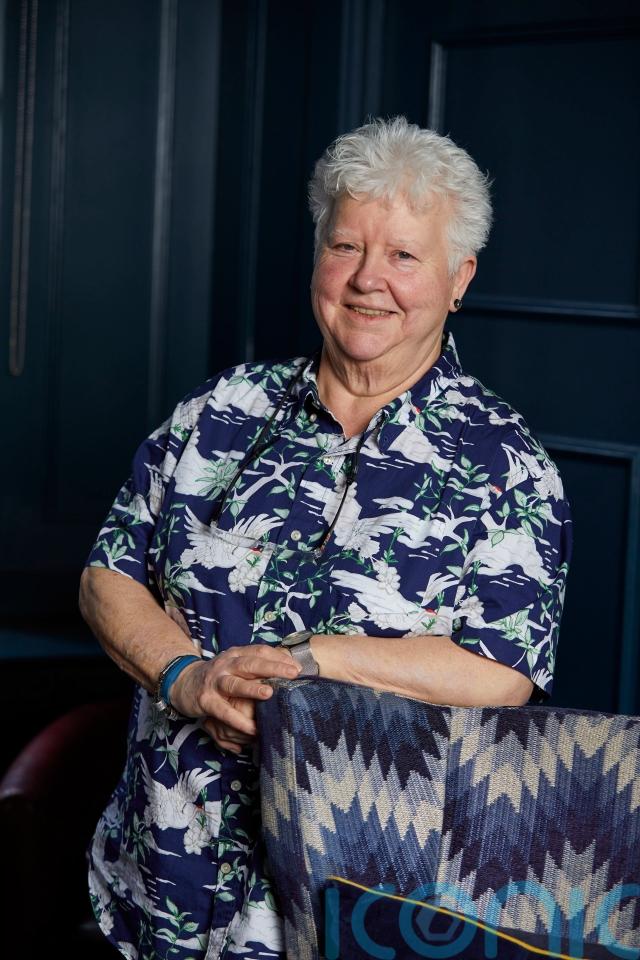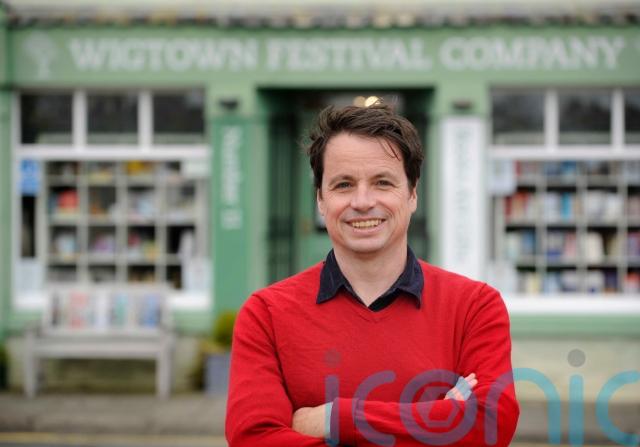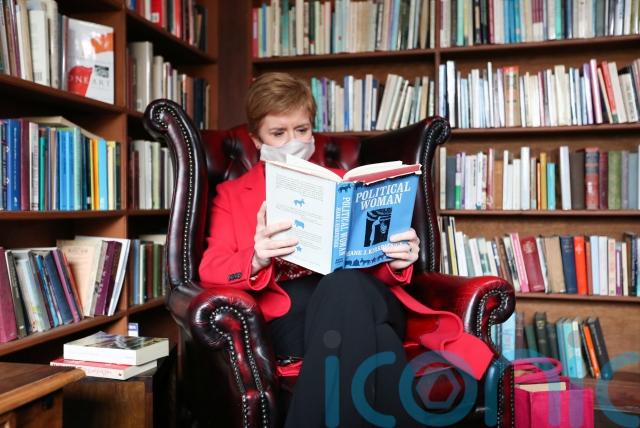
Festival organisers and authors have stressed the importance of supporting book festivals in their recovery from the pandemic after new figures show how much they benefit Scotland socially and economically.
In line with World Book Day, a new survey covering nearly half the country’s 60-plus book festivals showed that, in 2019, they attracted audiences of almost 780,000, featured 2,800 authors and invested almost £6.7 million in staff, goods and services for their events.
But with the pressures of Covid-19, audience figures in 2020 dropped more than half to 344,000, with the majority being online, as festivals worked to find new ways to reach book lovers or were forced to cancel.
Adrian Turpin, committee member of the Scottish Book Festival Network (SBFN), which commissioned the survey, called for more support for book festivals to bring them back to their pre-pandemic levels.
He said: “World Book Day is the ideal moment to highlight what they [book festivals] have achieved and the need to rebuild after the pandemic.
“It is vital that book festivals receive the full-blooded support of public, private and charitable funders, of the Scottish Government, of local authorities and of everyone else who values the role they play, so they not only recover from the pandemic, but further flourish and multiply.”
World-famous crime writer Val McDermid echoed his calls, stressing the social importance of book festivals.

She said: “Writers spend most of their working lives alone with a screen.
“The great joy of festivals is the positive interaction with readers, with other writers and with industry professionals.
“That’s good for us, but there’s an unexpected benefit, too.
“Those random conversations often make spontaneous and serendipitous connections inside our creative brains and lead us to new projects and ideas. So work emerges that otherwise might never have been made.”

Other findings in the survey show that in 2019, some 70% of book festivals catered for families and young people, which included a total of 450 events attracting over 32,000 attendees.
They also ran 280 school, learning and education events with 29,000 attendees.
And around 88% of the book festivals surveyed provided volunteering opportunities – totalling 3,500 volunteer days, valued at £347,000.
The research also found an average of 64% of people attending book festivals in 2019 were local, with 33% from other parts of Scotland, 10% from elsewhere in the UK and the rest from overseas.
While the majority (96%) of festivals were in-person in the year before the pandemic, only 15% were last year.
But despite the dent in physical audience members, the 27 festivals collectively reported more than 250,000 social media followers and 500,000 unique website visitors in the last year.

Mr Turpin added: “It’s clear from our survey that they (book festivals) have an immense impact on Scotland’s culture and society, bringing hundreds of thousands of people of all ages, backgrounds and interests in contact with writers of every imaginable kind – firing imaginations, provoking discussion and strengthening the nation’s love of literature.
“During the pandemic many were able to pivot and deliver great events digitally and online – and they achieved a huge amount at a time when people were facing tremendous challenges.
“But it has been a struggle for the festivals and they have endured a serious battering, not least through the huge loss in revenues.”
Damian Barr, fellow of the Royal Society of Literature, whose well-known works include Maggie And Me and You Will Be Safe Here, said each book festival in Scotland, big and small, “has its own character which reflects the area and the stories from and of there”.
“I can honestly say I’ve never had a bad time at a Scottish book festival as an author or reader,” he added.
Dominic Hinde, author of A Utopia Like Any Other, added: “Book festivals are critical to the vitality and impact of Scottish writers.
“Given that many writers earn little from direct sales, festivals are a chance to engage with readers, increase profile and generate other forms of revenue.”
Author, playwright and poet Jackie Kay said: “From Colonsay Book Festival to Ullapool to St Andrews to Edinburgh to Melrose to Wigtown, Scotland excels at providing readers unique literary festivals, each with their very own personality and charm.
“At a book festival in Scotland you’re as likely to make friends with a new book as to make a whole bunch of new friends.”
A Scottish Government spokesman said: “The Scottish Government places great value on book festivals and we welcome this new survey showing the many benefits they can bring to communities across the country.
“We understand the impact that the Covid pandemic has had on our cultural organisations and events and we are supporting the sector’s recovery and renewal.
“This extends to book festivals. For example, in 2021 we supported the Edinburgh International Book Festival with £120,000 of Expo funding for the Reading Scotland series and £195,000 of Place funding for its Citizen project which brought people together in communities across the city.”
Subscribe or register today to discover more from DonegalLive.ie
Buy the e-paper of the Donegal Democrat, Donegal People's Press, Donegal Post and Inish Times here for instant access to Donegal's premier news titles.
Keep up with the latest news from Donegal with our daily newsletter featuring the most important stories of the day delivered to your inbox every evening at 5pm.